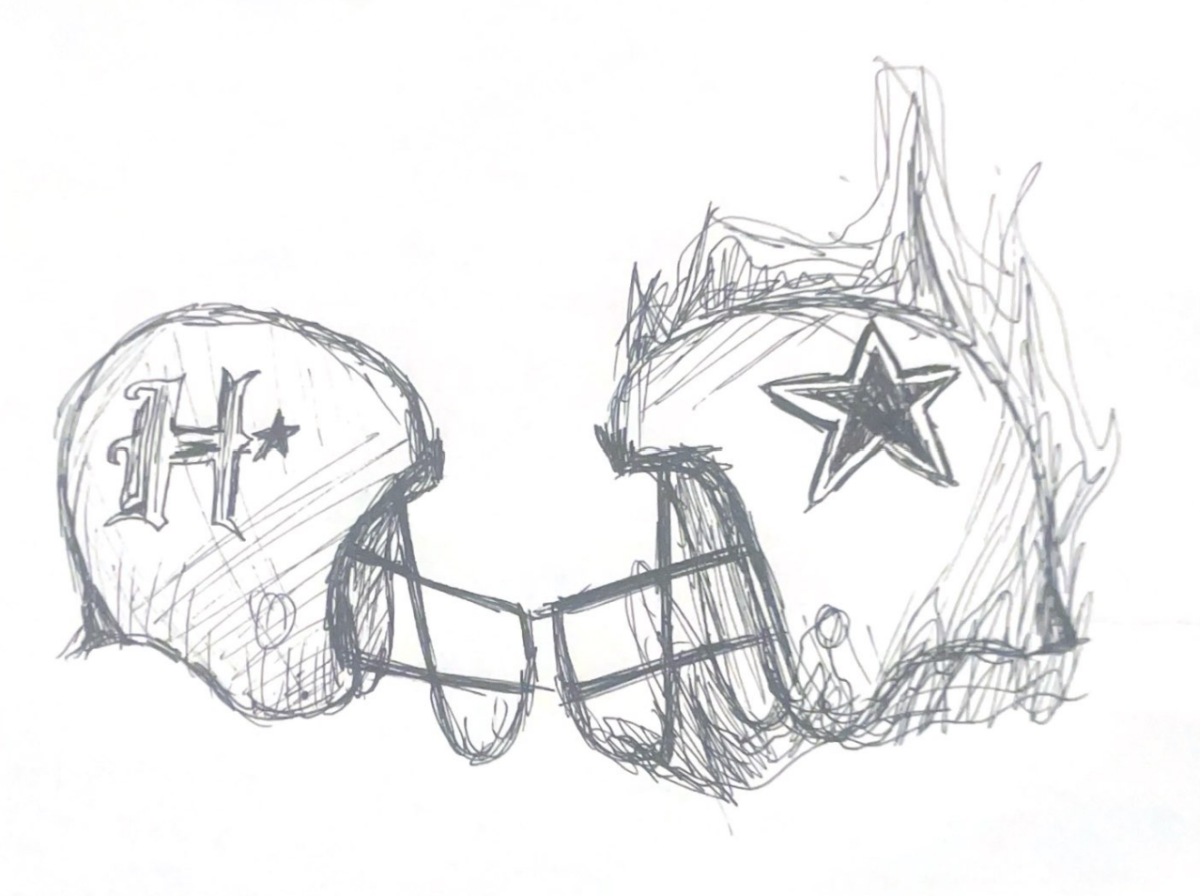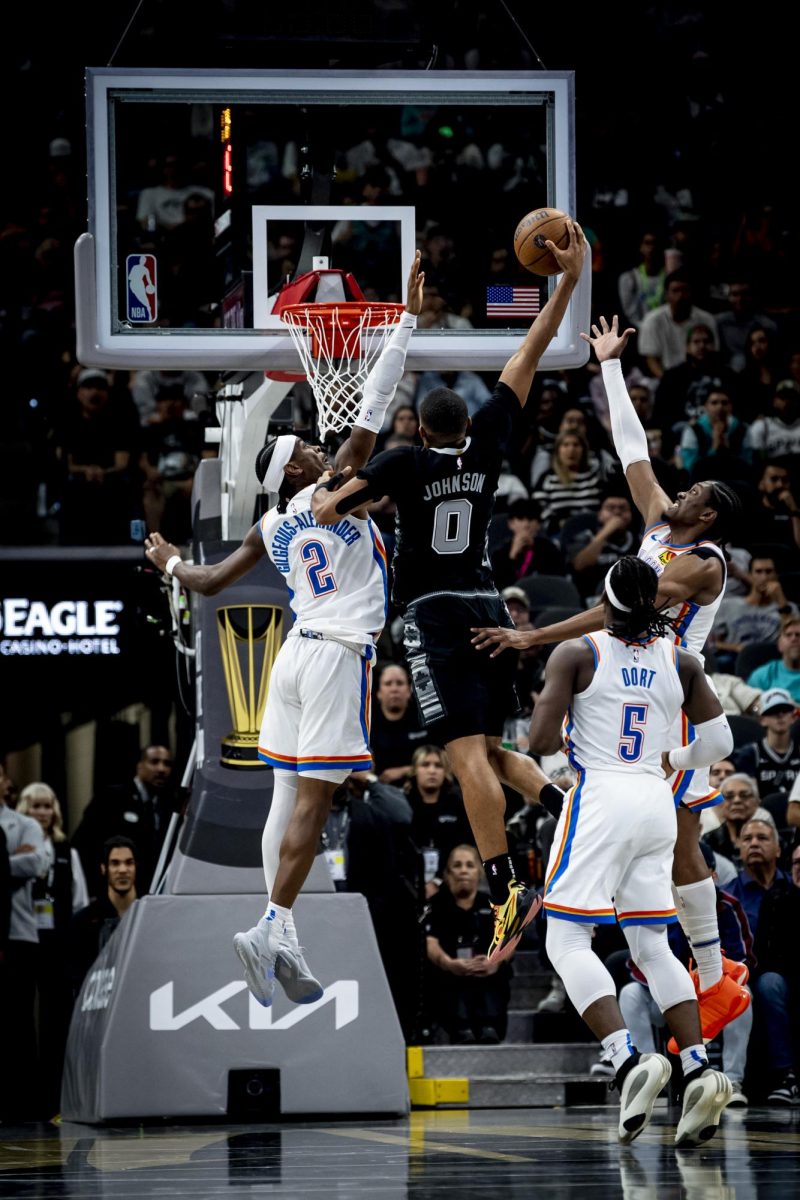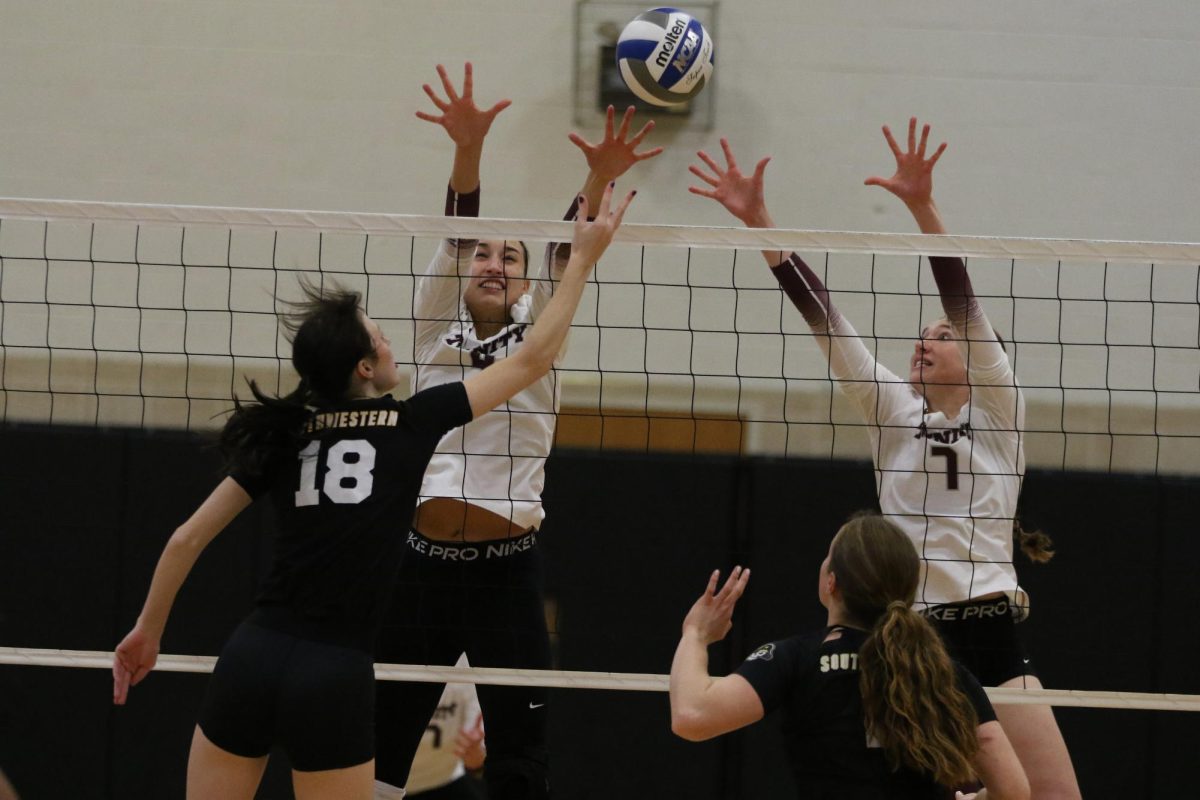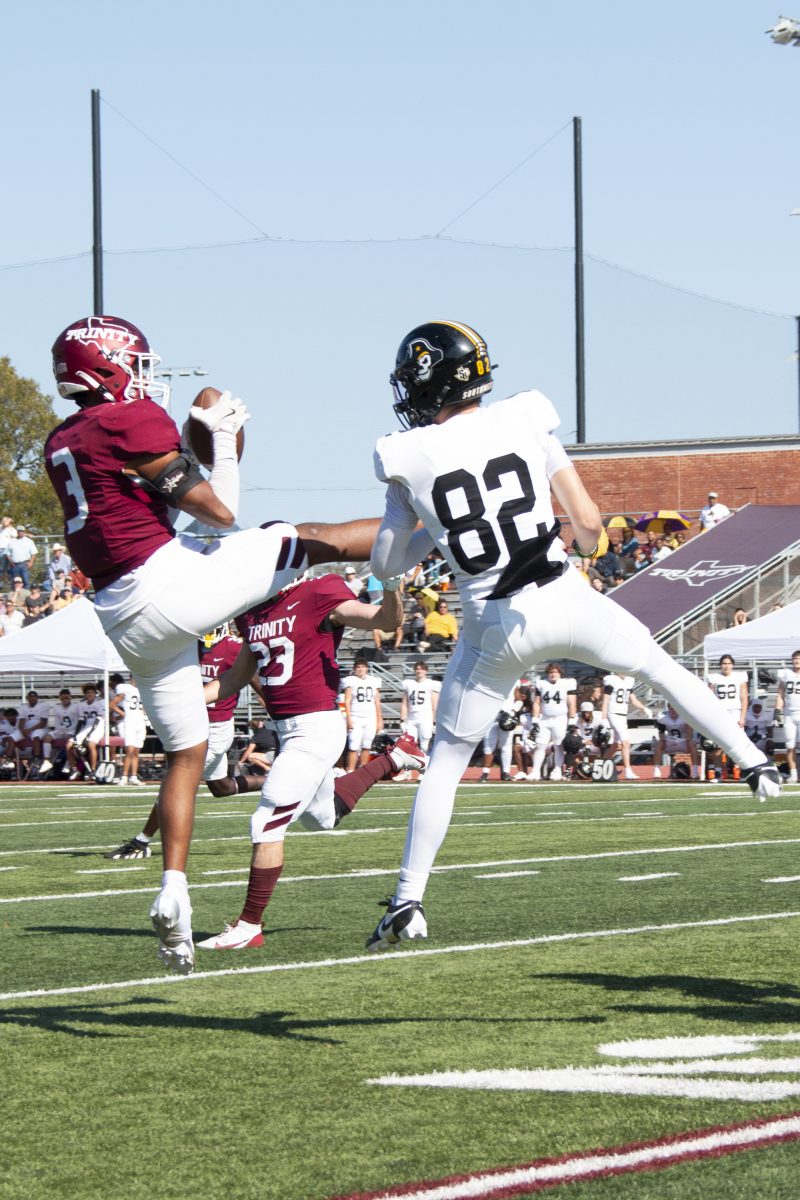Within the last decade, esports have been gaining more mainstream attention as more people become interested in online competitive games, such as Counter-Strike: Global Offensive (CS:GO), League of Legends (LoL) and Super Smash Brothers. Esports have become an unstoppable force as the industry continues to grow rapidly and draw more attention. However, despite the recognition they has gotten, people struggle to adopt esports into their definition of sports.
Esports get a bad rap because, unlike “real” sports, they don’t take place in reality. No one is likely to get injured or exert a lot of physical energy, and these pro gamers usually spend 10 hours a day sitting in chairs and staring at computer screens. Even in a world where practically everything — from basic tasks such as shopping to complex education programs — is digital, calling such an inactive activity “sports” stretches the imagination. However, the argument that esports lack physical training is false. Just like any other sport (archery, golf, fencing), esports require finesse and dexterity. Professional players spend endless hours developing and maintaining muscle memory and reflexes. Furthermore, esports hold a very real presence for all kinds of audiences, from gamers to interested spectators to company sponsors. One finds it hard to argue that esports aren’t “real” when millions of dollars are being spent on tournament prize money, and LoL or Overwatch competitions are aired on ESPN, a sports television channel.
Therefore, sports are competitions between masters of their craft: chess is a sport, archery is a sport, football is a sport, CS:GO is a sport. Every competitor from that list has dedicated their life to trying to be the best at what they do and prove it to the world. Are the eight hours a day that chess players spend grinding out games, studying strategies and reviewing their own plays less than the eight hours a day soccer players spend doing the exact same thing, just because the chess player doesn’t break a sweat? In fact, esports players commonly spend 10+ hours a day seeking perfection; because of the lack of extreme physical exertion, there is no time needed for pros to rest their bodies, allowing them to put in more hours than any other sport. The amount of effort and time professional gamers put to their craft is not only comparable but often exceeds those of traditional sports.
We live in the twenty-first century, a society that tests the boundaries and definitions of things around us. Trinity students know to test their educational boundaries by taking classes from different disciplines that interest them, though their parents likely went to college to prepare for secure and familiar “real world” careers. Grocery home-delivery now exists, but at one time, no one could imagine an alternative to going to the grocery store. We are even developing tech such as Sophia, an empathetic AI, when emotional robots were only a thing of science fiction novels. Next to all these things, expanding the basic definition of sports seems almost trivial. We have redefined our lives in so many other ways. Why should sports not also rise up to meet the times?
This pice is co-signed by: William Ballengee and Rachel Lopez
Take a look at Noelle Barrera’s response “Games aren’t sports, they’re art“







